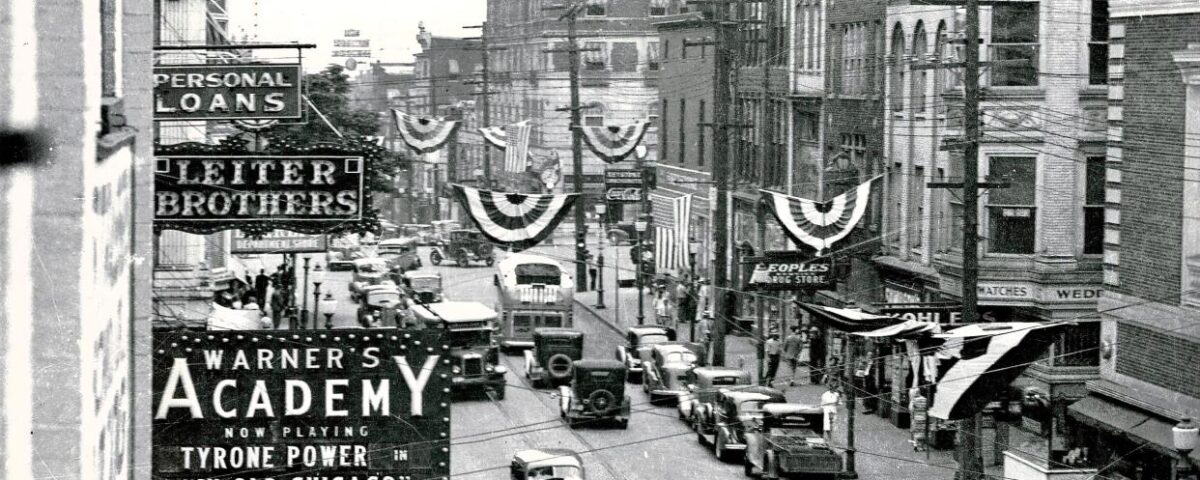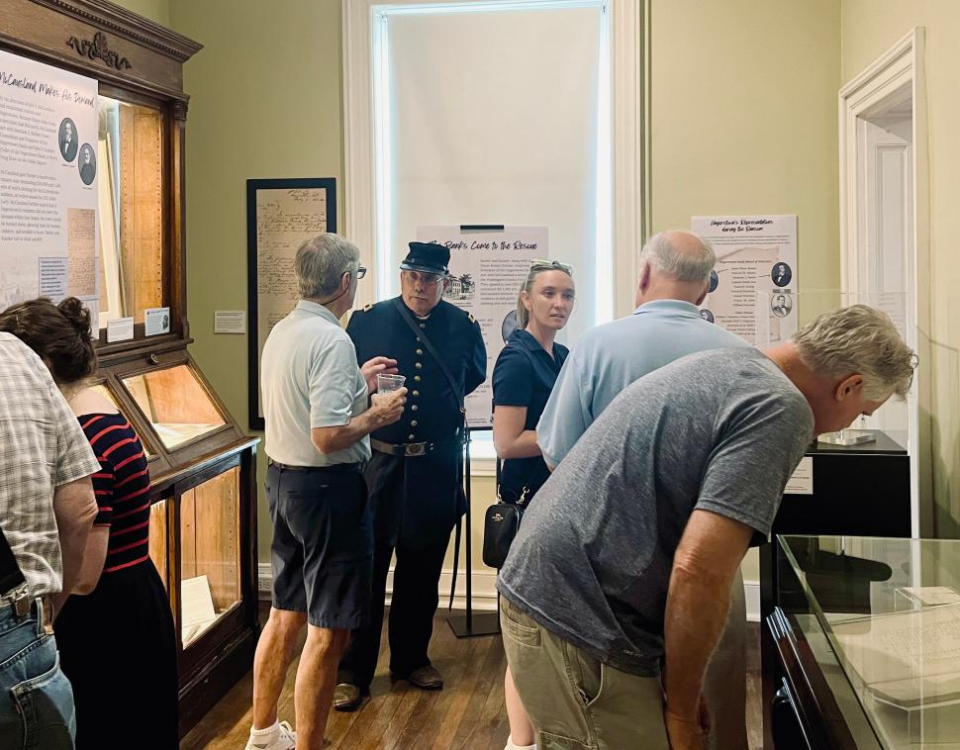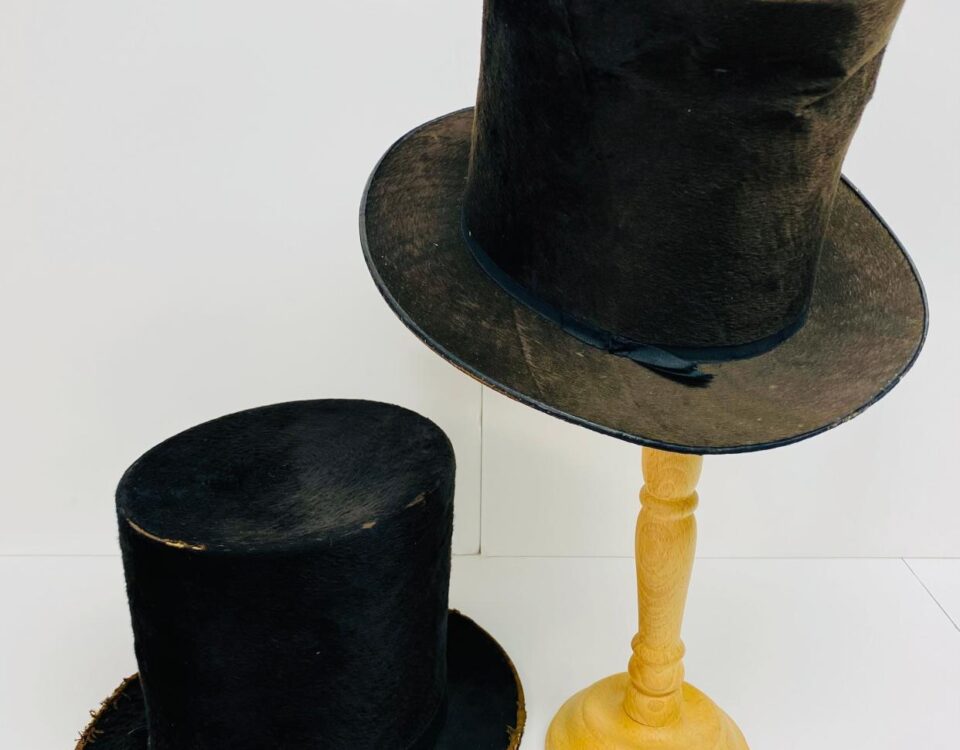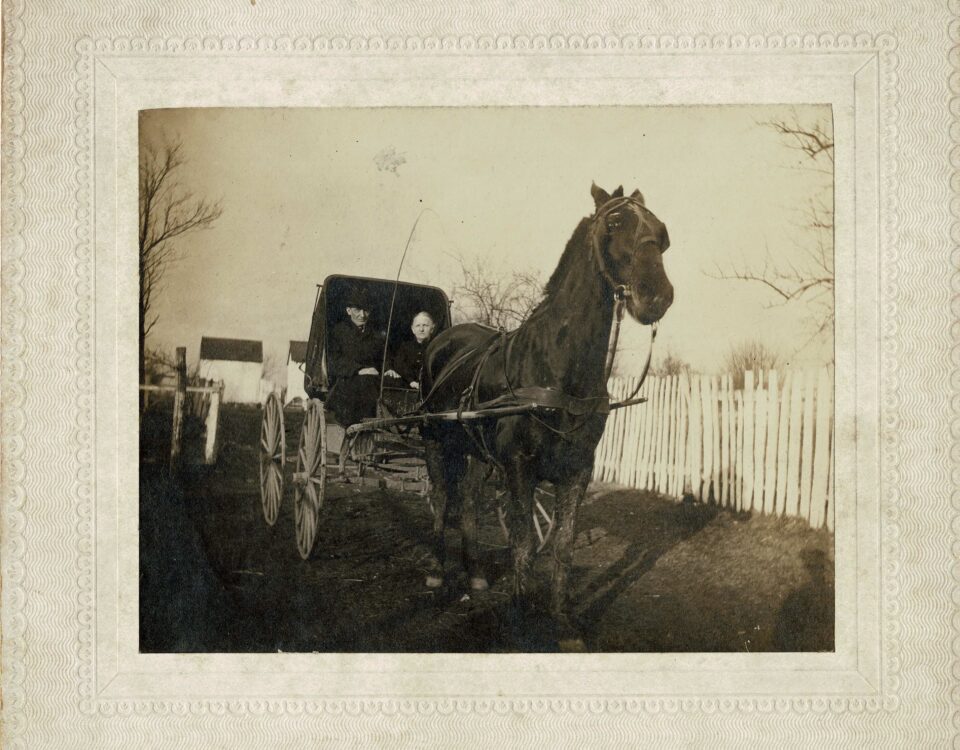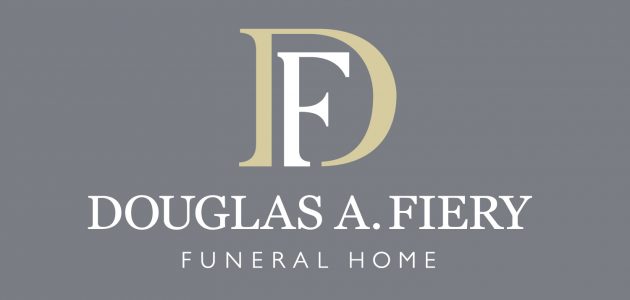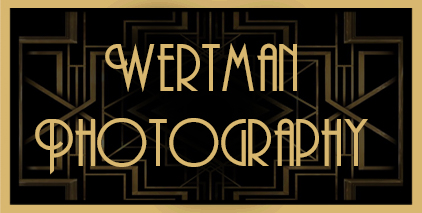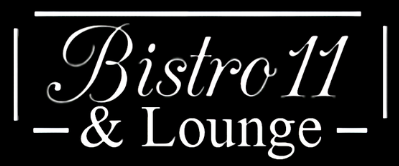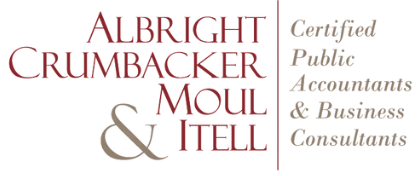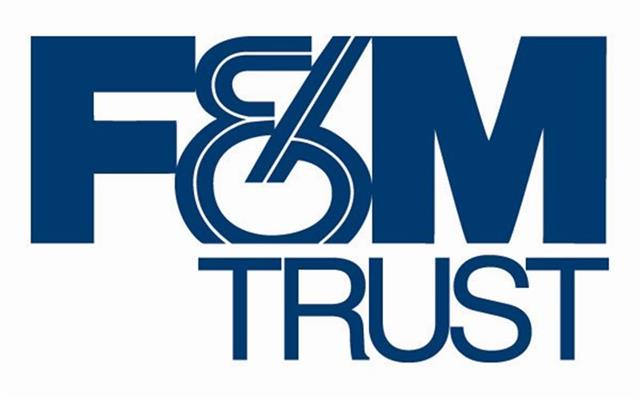Railroads, whiskey and moonlight: Meet ‘Snap’ McCoy, Hagerstown’s prolific moonshiner
Article Author: Abigail Koontz (This article originally appeared on The Herald-Mail July, 2024)
While American gangsters Al Capone and Bugs Moran were terrorizing Chicago, over 631 miles away in Washington County, local moonshiner Harry “Snap” McCoy was busy distilling and selling illegal liquor in Hagerstown and the surrounding communities.
McCoy’s story captures the turbulent years of Prohibition and the history of moonshiners active in Washington County during that time.
McCoy was born Jan. 7, 1870, to blacksmith Elbert McCoy and Emma (Ardinger) of Williamsport. In 1878, Elbert died of tuberculosis, leaving Emma to care for five children.
McCoy’s childhood in Williamsport was a bustling, novel one. The Cumberland Valley Railroad reached the outskirts of Williamsport in 1872. The following year, the Western Maryland Railroad ran directly into Williamsport, connecting to the Chesapeake and Ohio Canal.
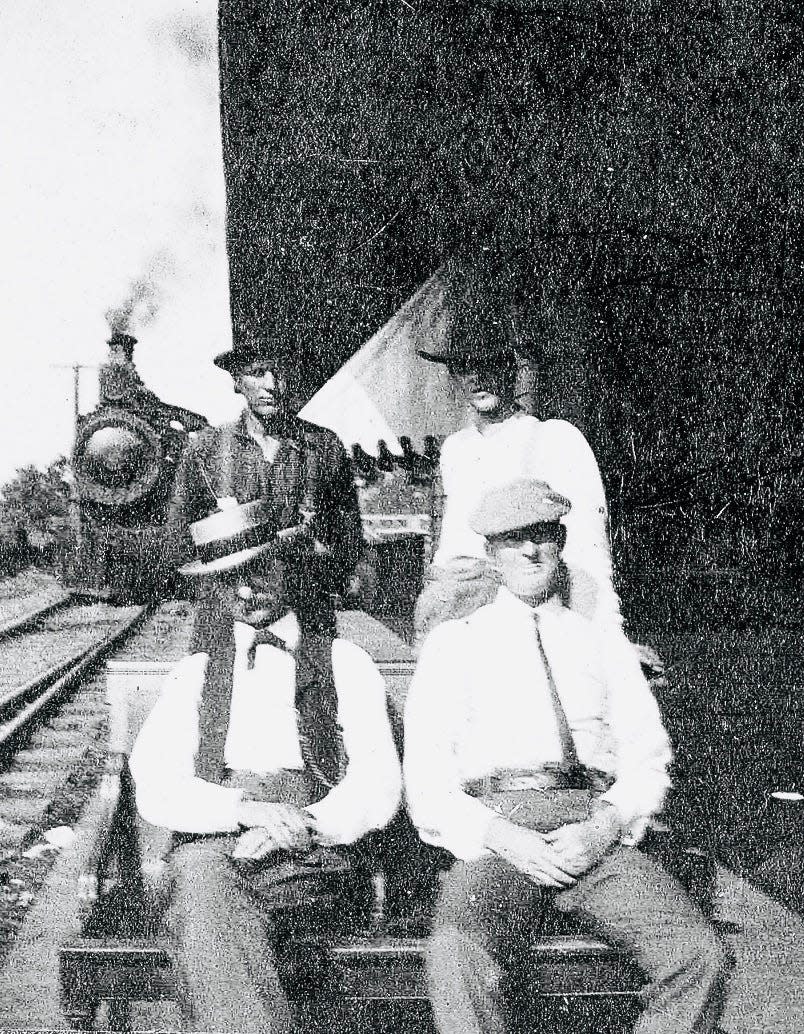
The railroad had a profound effect on McCoy. Although he only completed the fourth grade, by age 30 he worked as a conductor for the WMRR in Williamsport. A 1906 photograph in the Washington County Historical Society collection captures McCoy posing for the camera beside his friend, Sam McClannahan, at the train station. An oncoming train is visible just over their shoulders.
In January 1919, 36 states ratified the 18th Amendment (the Prohibition Amendment), making the production, transportation and sale of alcohol (liquor, wine and beer) illegal after decades of activism by temperance societies and prohibition groups.
Shortly after, Congress passed the Volstead Act (the National Prohibition Act), allowing Federal Prohibition agents to legally enforce prohibition.
It was not until 1920, with the U.S. just entering Prohibition, that McCoy, his wife Maude (Byrem) and their six children moved from Williamsport to Madison Avenue in Hagerstown. Their new home was a stone’s throw from the WMRR tracks, where Harry began working as a conductor. But he soon found a different occupation.
On March 29, 1929, McCoy made the newspaper as one of two men arrested by federal agents and deputy sheriffs. He was arrested alongside Russell “Skinny” Wilson, a 38-year-old meat cutter who operated a business on West Franklin Street.
By that time, McCoy was no longer a conductor, but was listed as a general laborer in the city directory. He had also been operating a still in the Four Locks area below Clear Spring, producing moonshine — a clear, un-aged whiskey, typically distilled from corn.
A key historical measure in the history of moonshining was the 1862 Revenue Act, passed by Congress to help pay for the Civil War. This act imposed taxes on alcohol, making its manufacture and sale without a permit illegal. Even if Prohibition had not been in effect, manufacturing and selling alcohol without a permit, essentially evading taxes, was illegal.
McCoy was not moonshining alone. In May 1929, six other men, including Wilson, faced sentences for violating Prohibition laws; these men were connected to a South Potomac Street club, an East Franklin Street saloon and private dwellings.
After 10 years of Prohibition, the stock market crash in October 1929 plunged the country into the Great Depression — a decade plagued by high unemployment, poverty and deflation (not to mention the Dust Bowl).
Harry, 60, and Maude, 56, McCoy weathered the first year of the Great Depression at home on Madison Avenue with their teenage children. As locals suffered through the depression, the McCoys amped up moonshine production.
Their activities were foiled on Jan. 30, 1932, when Prohibition agents conducted a sting operation, rounding up the McCoys and other locals. Agent Ralph Tagg, working undercover, purchased illegal alcohol from them and later raided their homes. The McCoys were in possession of two gallons of alcohol and whiskey bottles. Three African American men operating from North Jonathan Street and another woman were also arrested.
Despite this, McCoy jumped back into moonshining, only to be arrested once more along with 18 others in November 1932.
Federal operatives from Baltimore assisted Hagerstown agents in these raids, made at locations on West Church, McComas, Prospect, Bethel, East Franklin, South Potomac and Elizabeth streets, as well as in Hancock and Williamsport. Sixteen men and three women, including one Black man named James “Spider” Webb, were arrested.
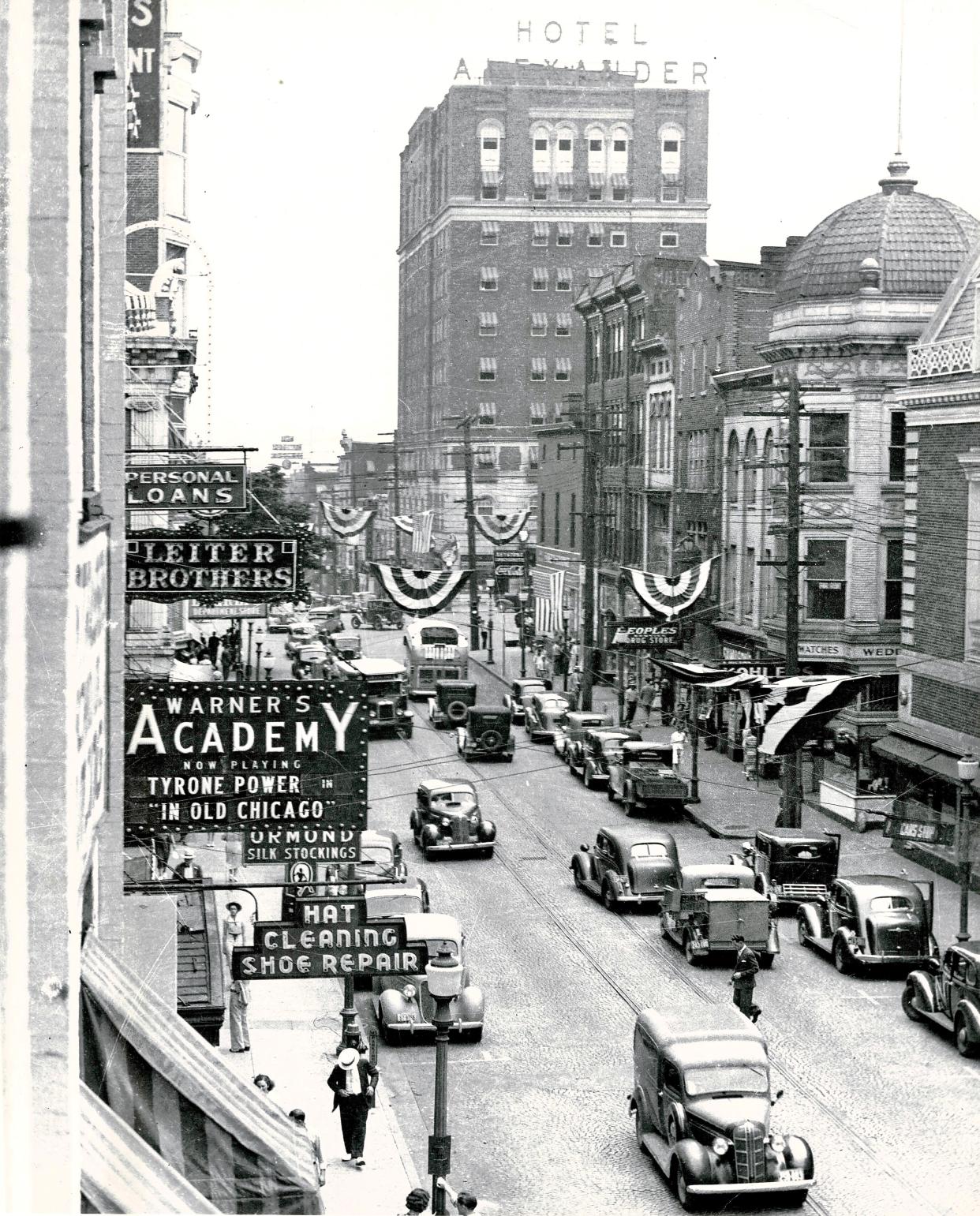
By January 1933, the final year of Prohibition, McCoy had expanded his operation, aided by 30-year-old Herman Leigh. Federal agents later discovered their base of operations in the Conococheague area, seizing a 150-gallon copper still, mash and whiskey. Agents also raided McCoy’s home, finding a whiskey stash over his front porch roof.
Leigh and McCoy were arraigned before U.S. Commissioner David Angle Wolfinger Sr. (1886-1965), a Big Spring native and Hagerstown resident. This resulted in McCoy’s transportation to federal court in Baltimore and a three-month prison sentence. “Snap” McCoy finally served time at age 63.
The passing of the 21st Amendment in December 1933, ended Prohibition, but the illegal manufacture and sale of alcohol persisted. After his release, Harry returned to moonshining. His last arrest in February 1934 followed a raid carried out by Hagerstown Police and county liquor investigator Charles E. Cushwa (1890-1963), who removed 12 gallons of liquor from McCoy’s home. Judge Frank Wagaman charged McCoy a final fine of $150.
Maude McCoy died of kidney failure on June 20, 1935. After her death, McCoy moved into the home of his moonshining partner Herman Leigh, who faced further arrests, on Elizabeth Street.
Harry “Snap” McCoy died Aug. 20, 1941, at 71. He is buried with Maude in Rose Hill Cemetery. But the meaning behind his nickname “Snap” remains a final mystery.

